What to Eat for Healthy Virginia? Eating a balanced diet rich in fruits, vegetables, lean proteins, and whole grains promotes a healthy Virginia. Avoid processed foods and excessive sugar.
A healthy diet is crucial for maintaining overall well-being, including reproductive health. Consuming a variety of fruits and vegetables ensures you get essential vitamins and minerals. Lean proteins like fish, chicken, and legumes support muscle health and repair. Whole grains provide necessary fiber for digestive health.
Limiting processed foods and sugars helps prevent inflammation and other health issues. Hydration is equally important; drink plenty of water throughout the day. Healthy fats from sources like avocados, nuts, and olive oil support hormone balance. Prioritizing these dietary choices can lead to a healthier, more vibrant life.
Introduction To Healthy Eating For Vibrant Virgina
What to Eat for Healthy Virginia? Eating healthy is crucial for a vibrant life in Virginia. The right foods can keep you energetic and strong. This guide will help you choose the best foods for your health.
Why Nutrition Matters
Nutrition is the foundation of good health. It gives your body the fuel it needs. Healthy foods can prevent many diseases. They keep your mind sharp and your body strong.
Without good nutrition, you may feel tired and weak. Your body needs vitamins and minerals to function well. Eating a balanced diet helps you live longer and feel better.
Goals Of This Guide
What to Eat for Healthy Virginia? This guide aims to make healthy eating simple for Virginians. It provides easy tips and advice. You will learn how to choose nutritious foods.
Our goal is to help you create a balanced diet. We want you to enjoy your food while staying healthy. Following this guide can lead to a happier, healthier life.
Key Nutrients For Optimal Health
What to Eat for Healthy Virginia? Eating the right foods is crucial for maintaining a healthy body. Key nutrients provide essential support for various bodily functions. Knowing what to eat helps you stay healthy and strong.
Vitamins: The Essentials
Vitamins are essential for overall health. They help your body work properly. Here are some important vitamins:
- Vitamin A: Supports eye health and immune function. Found in carrots, sweet potatoes, and spinach.
- Vitamin C: Boosts your immune system. Found in oranges, strawberries, and bell peppers.
- Vitamin D: Important for bone health. Found in fortified milk, fatty fish, and sunlight exposure.
- Vitamin E: Acts as an antioxidant. Found in nuts, seeds, and green leafy vegetables.
- Vitamin K: Helps with blood clotting. Found in kale, spinach, and broccoli.
Minerals: Building Strong Foundations
Minerals are key for building a strong body. They support various bodily functions. Important minerals include:
- Calcium: Essential for strong bones and teeth. Found in dairy products, almonds, and broccoli.
- Iron: Crucial for blood health. Found in red meat, beans, and spinach.
- Magnesium: Supports muscle and nerve function. Found in nuts, seeds, and whole grains.
- Zinc: Important for immune system health. Found in meat, shellfish, and legumes.
- Potassium: Helps regulate fluid balance. Found in bananas, potatoes, and avocados.
Top Foods For A Healthy Virgina
What to Eat for Healthy Virginia? Eating the right foods keeps your body healthy. This is true for your Virginia too. Certain foods help maintain a balanced pH and fight infections. Here are the top foods for a healthy Virginia.
Leafy Greens: More Than Just Salad
Leafy greens are rich in vitamins and minerals. They help balance your body’s pH levels. This makes it harder for infections to take hold.
- Kale: High in vitamin K and antioxidants.
- Spinach: Loaded with iron and folic acid.
- Arugula: Contains calcium and magnesium.
Berries: Nature’s Sweet Treats
Berries are packed with antioxidants and vitamins. They help fight off infections and keep your body in good health.
| Berry | Benefits |
|---|---|
| Blueberries | High in antioxidants and vitamin C. |
| Raspberries | Rich in fiber and vitamins. |
| Strawberries | Loaded with vitamin C and antioxidants. |
Nuts And Seeds: Tiny Powerhouses Of Nutrition
Nuts and seeds are small but mighty. They provide essential nutrients and healthy fats. They also contain zinc, which is good for your immune system.
- Almonds: High in vitamin E and fiber.
- Chia seeds: Packed with omega-3 fatty acids.
- Pumpkin seeds: Rich in zinc and magnesium.

Credit: www.medicalnewstoday.com
Balancing Your Diet
What to Eat for Healthy Virginia? Eating a balanced diet is essential for a healthy lifestyle. Knowing what to eat can help you maintain a healthy Virginia. This section explains how to balance your diet by understanding food groups and controlling portion sizes.
Understanding Food Groups
Each food group provides different nutrients that our bodies need. Here are the main food groups:
- Fruits: Rich in vitamins, minerals, and fiber. Aim for a variety of colors.
- Vegetables: Packed with essential nutrients. Include leafy greens, roots, and legumes.
- Proteins: Important for muscle and tissue repair. Choose lean meats, fish, beans, and nuts.
- Grains: Provide energy through carbohydrates. Opt for whole grains like brown rice and oats.
- Dairy: High in calcium and vitamin D. Include milk, cheese, and yogurt.
Eating a variety of foods from each group ensures you get all necessary nutrients.
Portion Control: The Secret To Success
Controlling portion sizes helps maintain a balanced diet. Use these tips to manage portions:
- Use smaller plates: This helps you eat less without feeling deprived.
- Measure servings: Use measuring cups and spoons to keep portions in check.
- Read labels: Check serving sizes on food packages to avoid overeating.
- Eat slowly: Take your time to enjoy meals. This helps you recognize when you’re full.
Proper portion control prevents overeating and promotes a healthier lifestyle.
| Food Group | Daily Servings |
|---|---|
| Fruits | 2-3 servings |
| Vegetables | 3-5 servings |
| Proteins | 2-3 servings |
| Grains | 4-6 servings |
| Dairy | 2-3 servings |
Following these guidelines helps you balance your diet effectively.
Special Considerations
Eating healthy ensures your body stays strong and balanced. Every person’s dietary needs can be different. Special considerations help cater to these unique needs. Addressing these needs ensures optimal health.
Dietary Restrictions And Adjustments
Some people have specific dietary restrictions. These can include:
- Gluten-free diet
- Lactose intolerance
- Nut allergies
- Vegetarian or vegan diets
Gluten-free diets avoid wheat, barley, and rye. People with celiac disease need this diet. Lactose intolerance requires avoiding milk products. There are many lactose-free options available. Nut allergies mean avoiding peanuts and tree nuts. Always check food labels for hidden nuts. Vegetarian and vegan diets exclude meat and animal products. These diets need careful planning for protein and nutrients.
Supplements: Do You Need Them?
Some diets may lack certain nutrients. Supplements can help fill these gaps. Common supplements include:
- Vitamin B12
- Iron
- Calcium
- Omega-3 fatty acids
Vitamin B12 is crucial for vegetarians and vegans. It helps with red blood cell production. Iron is essential for those with anemia. It supports oxygen transport in the blood. Calcium is important for bone health. Those avoiding dairy may need this supplement. Omega-3 fatty acids support heart health. They are found in fish oil and flaxseed oil.
Here is a simple table for quick reference:
| Supplement | Purpose | Sources |
|---|---|---|
| Vitamin B12 | Red blood cell production | Meat, dairy, fortified foods |
| Iron | Oxygen transport | Red meat, beans, spinach |
| Calcium | Bone health | Dairy, fortified plant milks |
| Omega-3 | Heart health | Fish oil, flaxseed oil |
Supplements should not replace a balanced diet. Always consult a healthcare professional before starting any supplements.
Meal Planning Strategies
Meal planning can help you eat healthy and save time. It ensures you have nutritious meals ready, reducing the temptation to eat junk food. By organizing your meals, you can maintain a balanced diet and enjoy a variety of foods. Let’s explore some effective meal planning strategies for a healthy Virginia.
Creating A Weekly Menu
A weekly menu helps you stay organized and eat balanced meals. Start by listing your favorite healthy foods. Plan meals that include a mix of proteins, vegetables, fruits, and whole grains. For example:
| Day | Breakfast | Lunch | Dinner |
|---|---|---|---|
| Monday | Oatmeal with berries | Grilled chicken salad | Quinoa and veggie stir-fry |
| Tuesday | Greek yogurt with honey | Turkey sandwich with veggies | Baked salmon with asparagus |
Repeat this process for all seven days. Make sure to include a variety of foods to keep your meals exciting. This approach helps you avoid repetitive meals and ensures you get all the nutrients your body needs.
Shopping Smart: Tips For Grocery Shopping
Smart shopping is essential for sticking to your meal plan. Here are some tips to help you shop effectively:
- Make a list: Write down everything you need before heading to the store.
- Stick to the list: Avoid impulse buys that can derail your healthy eating.
- Shop the perimeter: Fresh produce, dairy, and meats are usually found around the edges of the store.
- Check labels: Look for foods with fewer ingredients and lower sodium.
- Buy in bulk: Items like grains and beans can be cheaper when bought in larger quantities.
Following these tips can help you make better food choices. Shopping smart ensures you have the ingredients you need for your healthy meals.
Recipes For Health
What to Eat for Healthy Virginia? Eating well is key to a healthy life. This guide provides tasty and nutritious recipes. These meals are designed to keep you fit and full of energy. Enjoy these easy-to-make dishes for breakfast, lunch, and dinner.
Breakfast Options To Kickstart Your Day
Breakfast is the most important meal. It fuels your body for the day.
- Oatmeal with Berries: Cook oats with milk or water. Top with fresh berries and a drizzle of honey.
- Avocado Toast: Mash avocado on whole-grain toast. Sprinkle with salt, pepper, and lemon juice.
- Greek Yogurt Parfait: Layer Greek yogurt with granola and sliced fruit. It’s tasty and full of protein.
Lunches That Pack A Punch
Lunch should be hearty and healthy. These recipes are easy to prepare.
- Quinoa Salad: Mix cooked quinoa with chopped veggies, feta cheese, and lemon vinaigrette.
- Chicken Wrap: Fill a whole-grain tortilla with grilled chicken, lettuce, tomatoes, and hummus.
- Lentil Soup: Simmer lentils with carrots, celery, and tomatoes. Season with herbs and spices.
Dinners For Nutritional Balance
End your day with a balanced dinner. These meals are rich in nutrients.
- Grilled Salmon: Serve with steamed broccoli and quinoa. It’s rich in omega-3 fatty acids.
- Vegetable Stir-Fry: Sauté mixed vegetables with tofu. Serve over brown rice for a complete meal.
- Turkey Meatballs: Bake turkey meatballs and serve with whole-wheat spaghetti and marinara sauce.
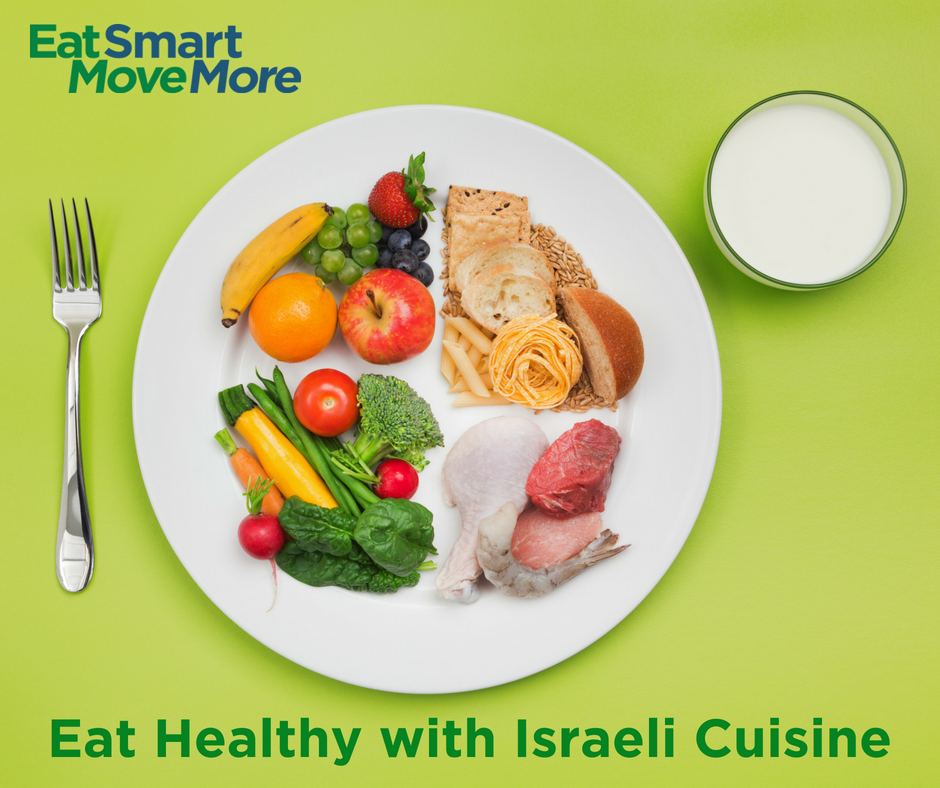
Credit: eatsmartmovemoreva.org
Maintaining Healthy Eating Habits
Maintaining healthy eating habits is essential for a vibrant life. Healthy food helps you stay strong and happy. It can be tricky to keep good habits. With some tips, you can stay on track.
Staying Motivated
Staying motivated is key to eating well. Set small goals to stay focused. Celebrate when you reach your goals. This keeps you excited and driven.
Keep a food diary. Write down what you eat each day. This helps you see your progress and areas to improve.
Find a friend to join you. A buddy system makes eating healthy more fun. You can share recipes and encourage each other.
Adjusting Habits For Life Changes
Life changes can impact your eating habits. Be prepared to adjust your diet. For example, if you start a new job, plan your meals ahead. This way, you avoid unhealthy choices.
If you move to a new place, explore local markets. Fresh produce and local foods can be a great addition to your diet.
Family changes, like having a baby, can affect your meals. Prepare healthy snacks and easy meals. This keeps you and your family nourished.
| Life Change | Tip |
|---|---|
| New Job | Plan meals ahead |
| Moving | Explore local markets |
| Family Changes | Prepare healthy snacks |
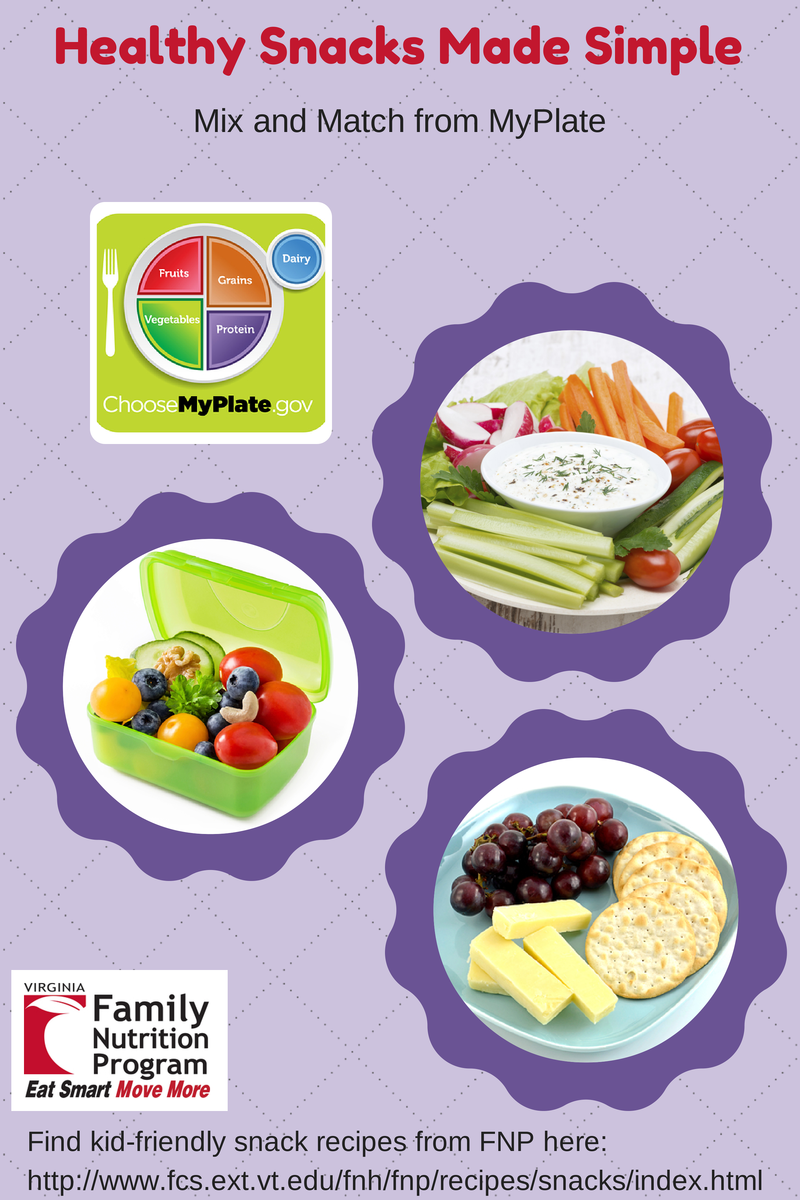
Credit: eatsmartmovemoreva.org
Frequently Asked Questions
What Foods Are Good For Vaginal Health?
Foods rich in probiotics, such as yogurt and kefir, promote vaginal health. Cranberries, garlic, and leafy greens also help maintain balance. Eat plenty of water-rich fruits and vegetables.
What Foods Are Good For Ph Balance?
Foods good for pH balance include leafy greens, cucumbers, avocados, almonds, lemons, and apple cider vinegar. These foods help maintain an alkaline environment in the body.
What Drinks Are Good For Ph Balance?
Drinks good for pH balance include lemon water, herbal teas, and coconut water. These help maintain optimal acidity levels.
How To Keep Down There Fresh All Day?
Keep the area clean with daily washing. Wear breathable cotton underwear. Avoid tight clothing. Use gentle, unscented products. Stay hydrated.
Conclusion
Maintaining a healthy Virginia starts with the right diet. Focus on nutrient-rich foods, plenty of water, and probiotics. Avoid processed foods and excessive sugar. Making these simple changes can support overall well-being and keep you feeling your best. Remember, a balanced diet is key to a healthier you.
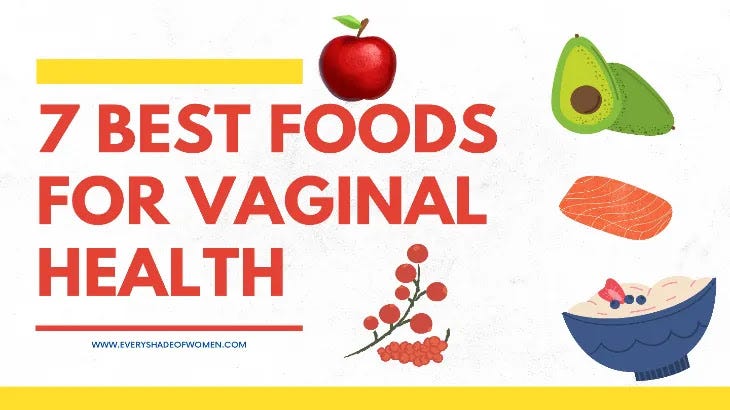

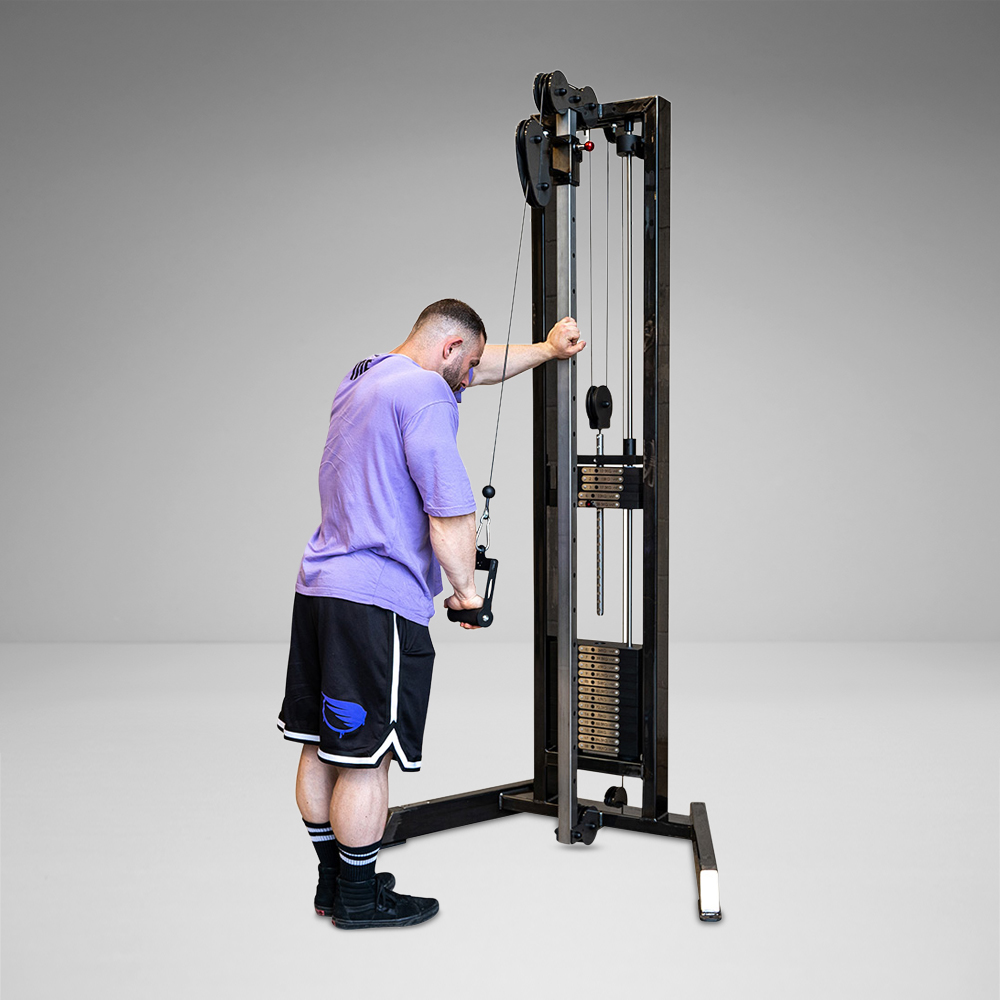
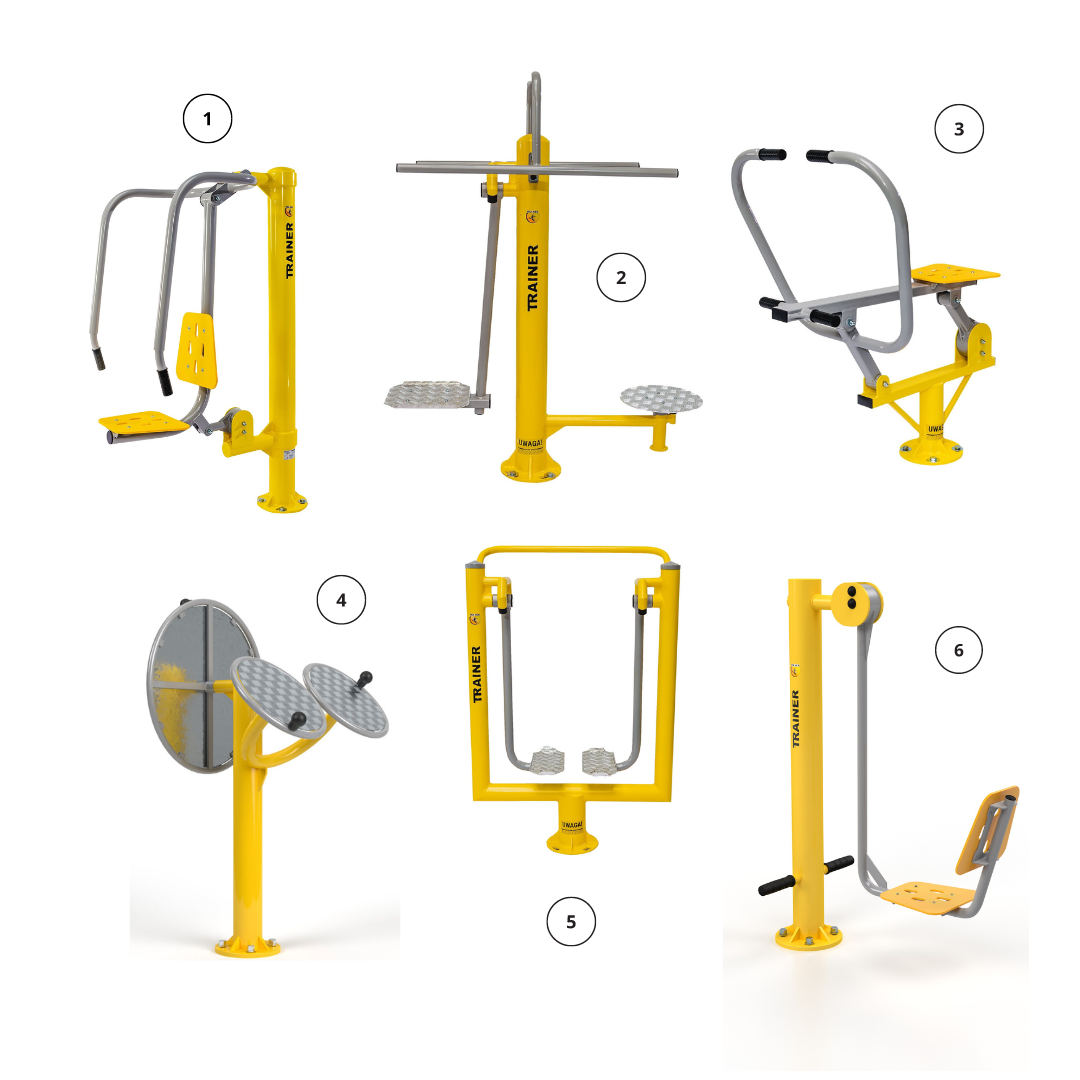
Leave a Reply